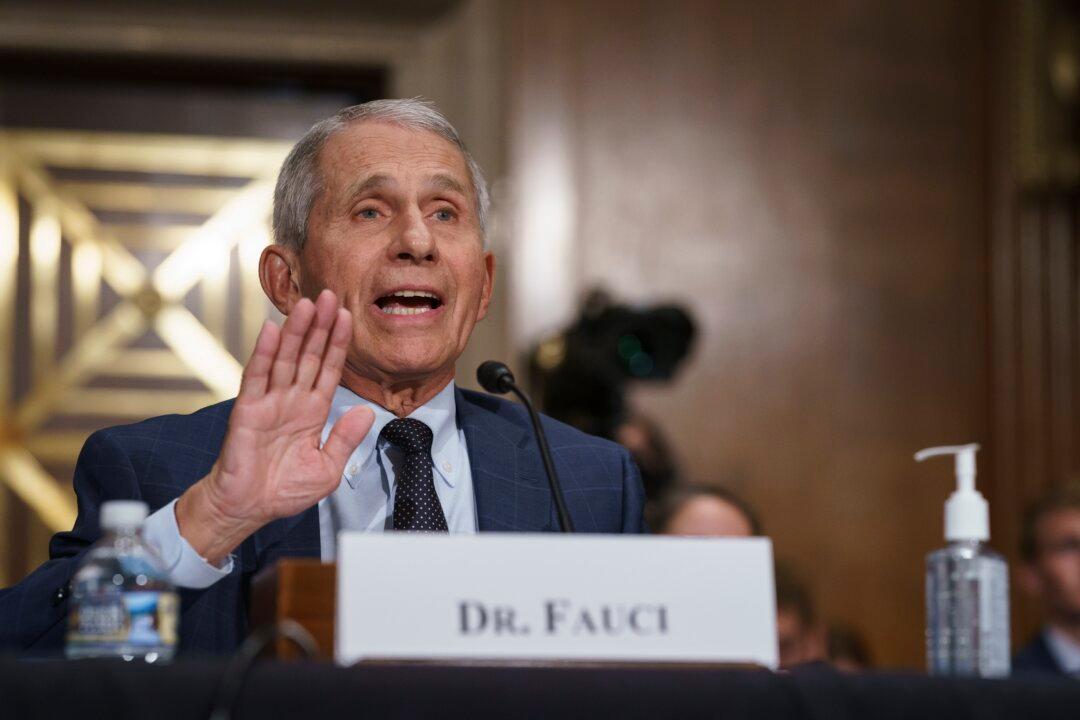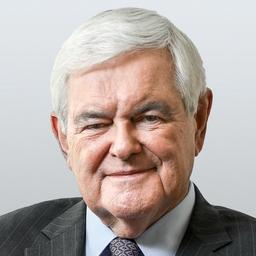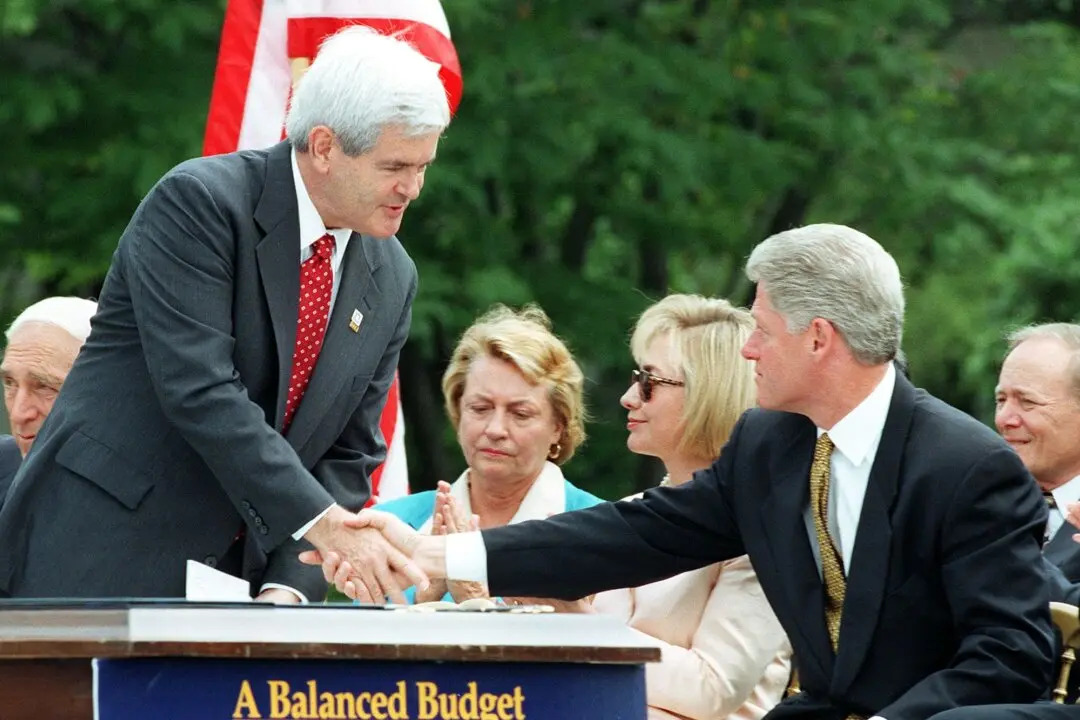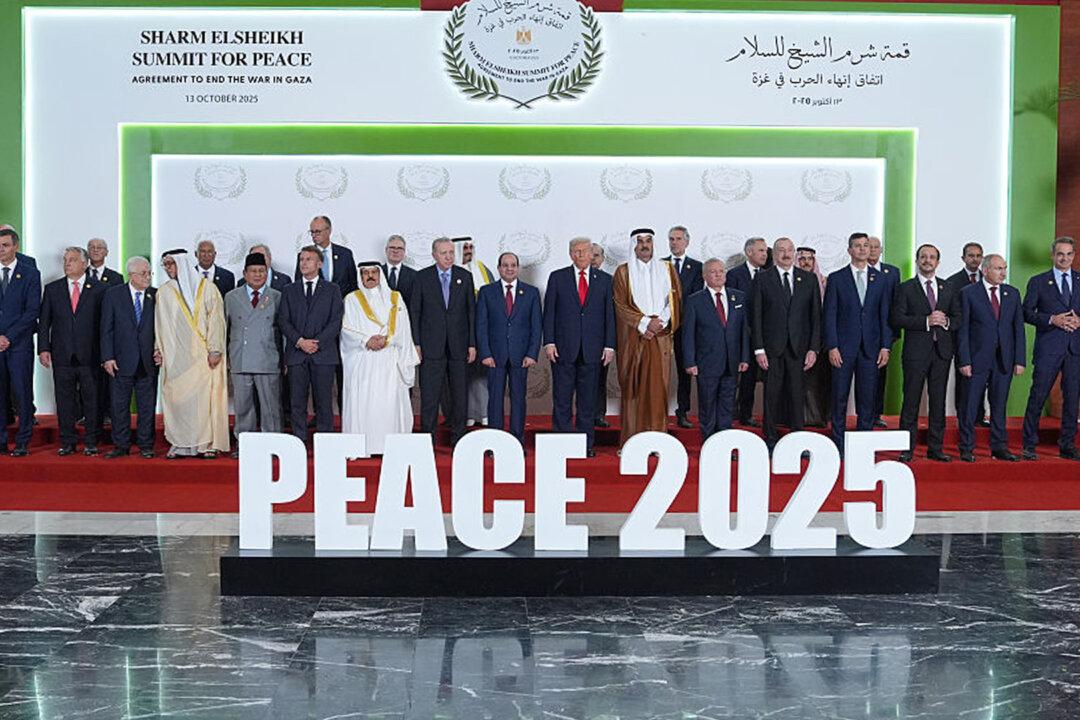Commentary
Dr. Anthony Fauci, who is 80, has had an extraordinary career. As the head of the National Institute of Allergy and Infectious Diseases, he has both engaged in and supervised a remarkable range of research including HIV/AIDS in the 1980s. One of his sharpest and most aggressive critics about the AIDS crisis, Larry Kramer, ended up saying Dr. Fauci was “the only true and great hero” among the government researchers trying to find a cure for HIV. Fauci himself has said “my career and my identity has really been defined by HIV.”





